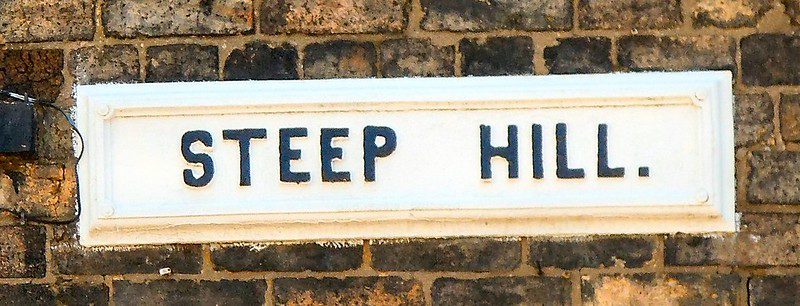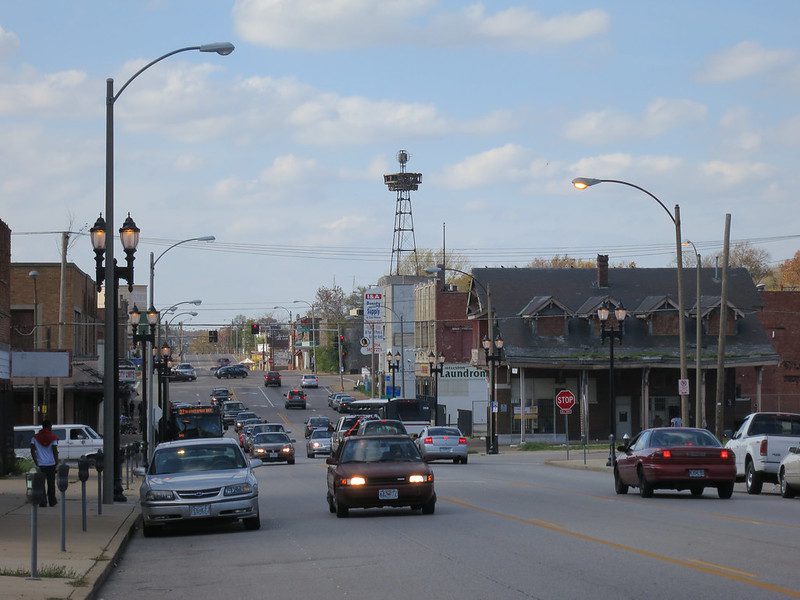The last few months has seen a number of articles, editorials, and interviews about the lack of financial responsiveness and accountability in the private and public sector. In recent years, we’ve read about financial scandals at institutions as diverse Halliburton and Enron, the United Way, the Defense Department, and the U.S. Department of Housing and Urban Development. Most recently, The New York Times last week published an article on how funds were misappropriated at two large national non-profit organizations, ACORN and Points of Light Institute.
What was troubling was not just the lack of financial controls and systems, but the way the organizations apparently responded to the financial irregularities.
Situations are always more complex than the media convey them, and it is unfortunate that the brother of ACORN’s chief organizer (in effect, its top executive) embezzled $948,607.50 from ACORN eight years ago.
But what is really troubling is that ACORN’s chief organizer did not tell the board about this for eight years — until outside pressure from foundations and donors forced the issue, shortly before the Times story was published.
Only a few people at ACORN knew about this, and the person who embezzled the funds remained on the ACORN payroll for another eight years. The Times quoted ACORN’s national president as saying “we thought it best at the time to protect the organization as well as get the funds back into the organization to deal with it in-house.”
Where was the ACORN leadership on this issue? Except for the president, its board members didn’t know about the embezzlement. Boards of directors are supposed to provide vision, financial accountability, and stewardship, but if they don’t know what’s going on inside the organization, they cannot do their job. ACORN raises most of its funds from member dues from low-income families and grants from foundations and donors. ACORN has done a lot of very important work, but it is jeopardized when key staff leadership hides information, creating the potential for a “perfect storm.”
As a person who has been both a board volunteer and staff of a number of nonprofits, I have always been concerned that the Achilles’ heel of some nonprofits is that the board does not exercise its leadership and have the financial controls in place and oversee it. I am very uncomfortable with having family members of board members and top staff persons on the payroll — especially when they have control over millions of dollars. There needs to be an independent control mechanism (finance committee, audit committee, finance department), and the willingness of the board and staff leadership to address financial irregularities. It is not just about having financial controls in place but when financial misappropriation occurs, the organization must deal with it in an open and transparent way.
I am not suggesting that ACORN should have had a press conference to announce the embezzlement of funds, but the organization should have notified their key leadership — the entire board of directors — and funders and taken action in a thoughtful way to preserve the organization’s credibility and financial integrity.
This is yet another wake-up call for many of us and we have to diligently monitor financial practices and systems and take action when there are problems and irregularities. The Times article stated that when the Points of Light Foundation found out about financial irregularities about their travel auctions from an affiliate they shut down the travel auction, posted a statement on their Web site, and even contacted the U.S. Attorney’s Office in Washington, as well as people who had bought the travel package.
Again, I am sure the story is more complicated, but the key issue is that they acted in a meaningful and transparent way and in the long run, this will increase their credibility and trust.
It takes an organization a long time to build credibility and trust and it would be a shame to see ACORN and other organizations crippled at a time when they are needed more than ever. I hope that ACORN will seriously take the financial stewardship and accountability issues to heart and have independent sources help them manage and develop the appropriate systems and once they are in place, they should communicate with their key leaders and donors. It is better to find out this information from your colleagues and stakeholders than from Rush Limbaugh or Bill O’Reilly. I am sad but glad that The New York Times ran the article last week. It underscores the importance of journalists and the media helping to keep all of us honest and accountable.




Comments